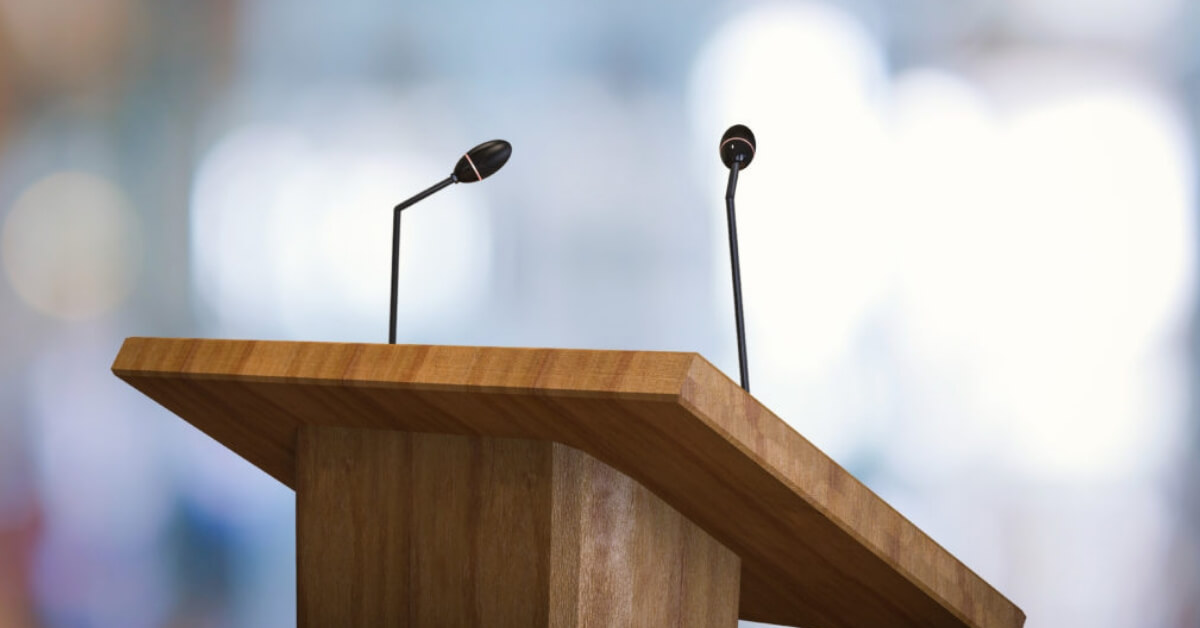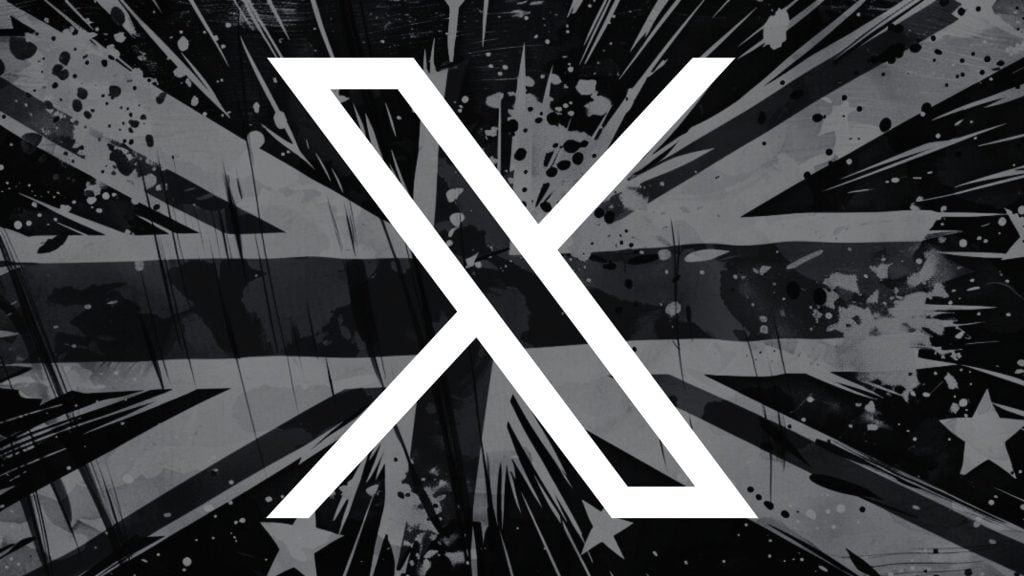On Thursday, September 8th, 2018 Twitter banned Alex Jones from their platform. On August 10th of 2018, they had banned Gavin McInnes. A year before in August, Twitter had banned Carl Benjamin, who goes by the moniker Sargon of Akkad. In the June preceding Benjamin’s ban, they had banned Milo Yiannopoulos.
These high profile bans follow a path. Twitter has its own justifications for each case, but their bias is clear. These are voices that fall within the modern understanding of conservative philosophy. Each is on a different level, each expresses themselves in their own way, but they are all sensible. Not only do all of these voices support legal migration, one of them is an immigrant, McInnes, one of them is married to a black man, Yiannopoulos, and one of them has mixed ancestry, Benjamin.
What the reasoning for the bans on all of these individuals has in common is a direct attack on expression. On Tuesday, March 5th of 2019, Jack Dorsey went on the Joe Rogan Experience. Dorsey brought Vijaya Gadde, Twitter’s global lead for legal, policy, and trust and safety.
Rogan brought Tim Pool, the independent journalist. This was the second time that Dorsey appeared on the Joe Rogan Experience. The first time was seen as a softball interview and as a disappointment. Rogan listened to the criticism and wanted to truly hold Dorsey and Twitter accountable, which is why he had Pool with him.
During this interview, they reviewed the bans of Alex Jones, Milo Yiannopoulos, and Carl Benjamin along with others. According to Gadde all of the bans have to do with abuse and harassment.
Twitter banned Jones for posting a video of a child being harmed, which he was covering to demonstrate the horror of the video, for his exaggerated oath to defend the second amendment and to be ready to respond to any threat to our freedom, and for his vocal exchange with a reporter who had an adversarial relationship with him.
All of these are protected under the 1st amendment and are part of the character of Jones, who uses outrageous posturing to keep people tuned into important stories. His method of gaining attention, his very mode of expression, was what he was banned for.
While Gadde was reading out the text of the argument that Jones had with the journalist, Rogan laughed at the comments Jones made. “Really, that’s enough?” Rogan asked when Gadde finished explaining Twitter’s reasoning.
One of Yiannopoulos’s offenses was being a verified Twitter user who listed that he was a BuzzFeed reporter in his bio while he didn’t work at the company. It was obvious satire to everyone who knew of Yiannopoulos, but according to Twitter such jokes must be made explicit or else they are an attempt to spread misinformation.
Benjamin was essentially banned for trolling. McInnes was banned for saying to fight back against people who wield bike locks and baseball bats as they attack you. All of these stories are of the censorship of a provocateur.
Meanwhile, a liberal Twitter user Uncle Shoes tweeted out about the kids in the Covington incident, “LOCK THE KIDS IN THE SCHOOL AND BURN THAT B TO THE GROUND,” along with several other offensive tweets, all literal calls to violence. He was suspended temporarily, but now enjoys access to Twitter once again.
There is no question about it; Twitter is an insanely influential platform. Iran, China, and Russia target it in their campaigns to influence American elections. It is a medium through which much of America’s political discussion and many of her political decisions take place.
Twitter is regularly acting to limit the reach of conservative voices. One of the policies that can result in a suspended account is misgendering an individual, or refusing to call a man a woman.
This is a policy which directly limits the conservative view in a fecund public debate. By doing so, whether it is their aim or not, Twitter is steering the narrative.
On February 12th of 2019 Quillette published an article with the information that reveals 21 out of 22 of the most influential political users who were suspended since 2005 supported Donald Trump in 2016. This information is concerning considering the approach of the 2020 election.
The way it stands right now, America will enter that election with one of its largest venues for public discussion, Twitter, receiving more influence from foreign interference than from law abiding and outspoken conservative citizens.
When Twitter is attacked by foreign bots Twitter does suspend them, but more accounts can always be made. The same is not true for public figures. Dorsey says it will take longer than six months to address this issue of indirect censorship and to rebalance the platform so that it does not have to rely on permanent bans.
Meanwhile, many conservative figures will not have access to the organically grown audiences which they earned, and the election is only one year away. American voices are already being withheld from the American audience.
If you're tired of censorship and dystopian threats against civil liberties, subscribe to Reclaim The Net.









